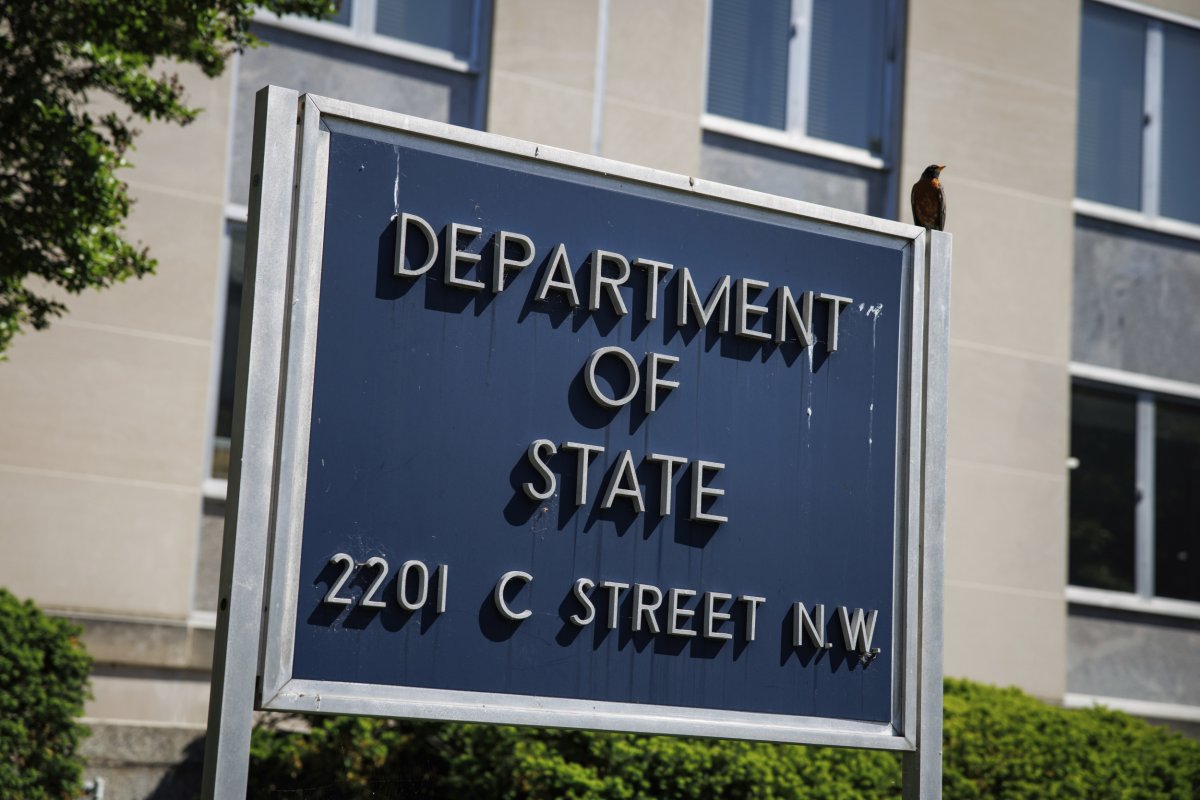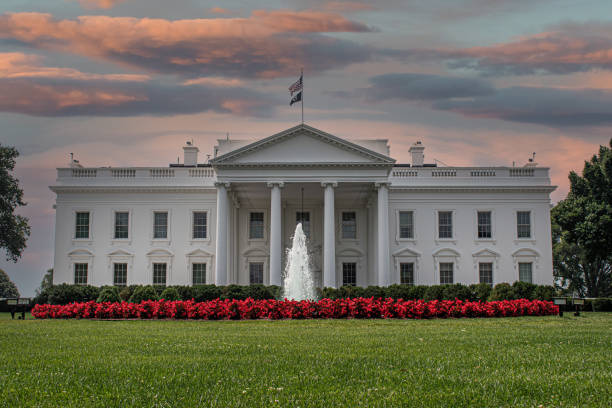Since May 31, 2019, all applicants for U.S. visas have been required to disclose their social media usernames used in the past five years. However, starting June 2025, the rules for student (F), academic/vocational (M), and exchange (J) visas have become significantly stricter:
- Applicants must make their social media profiles public during the visa application process.
- Consular officers will continuously review applicants’ online activity.
- Deceiving or withholding information may result in a visa denial or lifelong inadmissibility.
What Has Changed Since June 2025?
- Public Profile Requirement: All F, M, and J visa applicants must now set their social media accounts to public, enabling direct review by consular officers.
- Online Presence Screening: Consular staff are mandated to thoroughly evaluate applicants’ online behavior—including posts, likes, and associations—for potential hostility toward U.S. values, support for terrorist groups, antisemitism, or ongoing political activism.
- Administrative Refusal & Processing Delay: Officers may issue a 221(g) administrative refusal to delay adjudication, during which an applicant’s public profiles are reviewed.
- Opaque Standards & Broader Impact: The criteria aren’t clearly defined—subjective terms like “hostile attitudes” give consular officers considerable discretion. The screening extends to existing and pending visa applications, not just new ones.
Why This Matters
- Privacy Concerns: Forcing applicants to expose private content raises critical issues around free expression and personal safety—especially for vulnerable groups.
- Academic Freedom at Risk: Critics argue that this move could deter international students, especially those critical of U.S. policies or advocating for issues like Palestine or racial justice.
- Visa Processing Delays: Enhanced screening is expected to slow down adjudication, as richly detailed reviews and follow-up steps become the norm.









